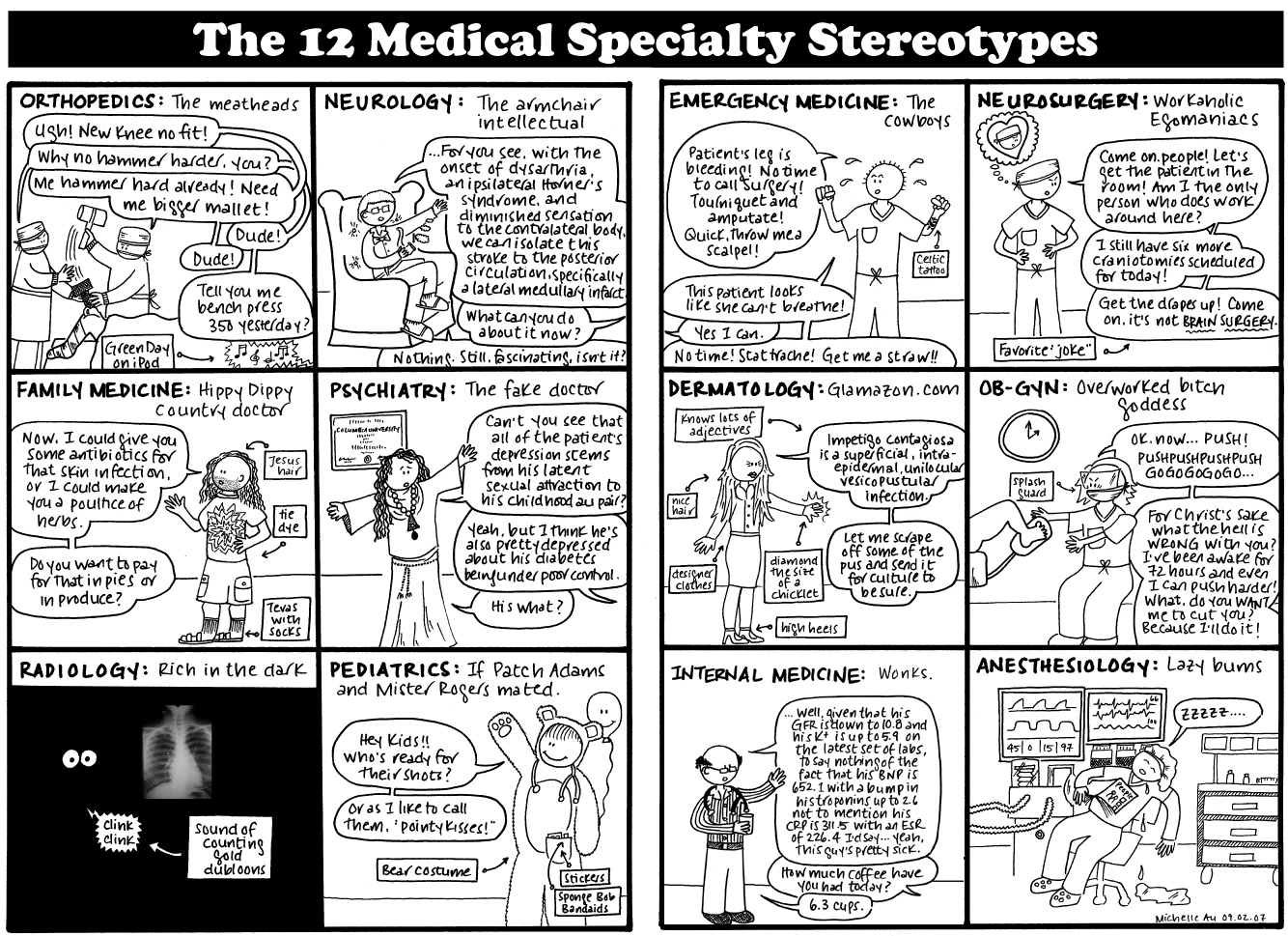I think this is more of a generational thing. People in younger generations just don't respect letters like older generations did.
"MD" might give you some respect, but not a ton with the new generation, whereas it means a lot to parents for example. These days, in order to be respected by the new generations, you have to earn it...I think thats a good thing.
You have to at least give off the impression that you know what you are doing, build confidence in the patient and treat them well, and then you will be respected. You cannot nowadays come in your white coat with MD on it and expect to be awed by your patient unless they are >65 years old. However, in my experience they will appreciate and respect you a lot if you are extremely confident with them yet be polite and answer questions.




